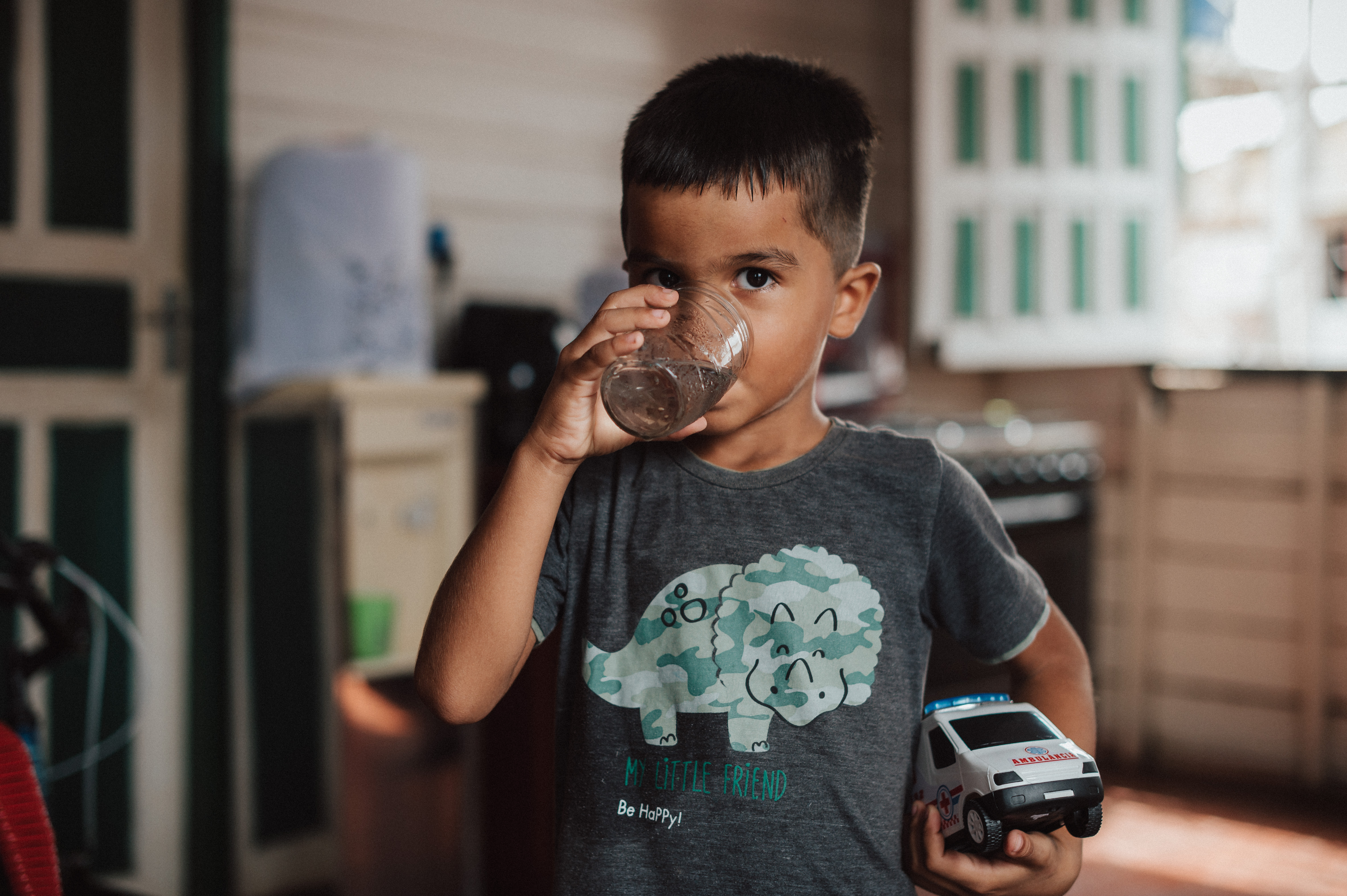

Description
Capacitação e elaboração de planos municipais de saneamento básico (PMSBs) em municípios com população de até 50.000 habitantes do estado de Minas Gerais: uma pesquisa-ação no campo tecnológico, do controle social, da comunicação e do empoderamento nas políticas públicas de saneamento básico.
Criteria 9/11
- ACCESSIBILITY
- ALIGNMENT WITH SDG 1,3,4,6 AND/OR 11
- RACE AND GENDER ISSUES
- ATTENTION TO CHILDREN AND ADOLESCENTS
- LOW COST
- SOCIAL DIFFUSION
- ADMINISTRATIVE EFFICIENCY
- ADHERENCE AND CONTINUITY AT LOCAL LEVEL
- WASH INITIATIVE
- CLIMATE RESILIENCE
- SUSTAINABILITY
Funasa works directly with training municipal managers, and with workshops developed in partnership with the Federal University of Minas Gerais.
30 municipalities in the state of Minas Gerais:
Catuti, Cachoeira de Pajeú, Pai Pedro, Itinga, Monte Sião, Bueno Brandão, São Thomé das Letras, Itacarambi, Botumirim, Caxambu, Japonvar, Taiobeiras, Cana Verde, Francisco Badaró, Itanhandu, Grão Mogol, Manga, Porteirinha, Carmo do Rio Claro, Cristais, Cruzília, Delfinópolis, Estiva, Guaxupé, Luislândia, Lambari, Novorizonte, Pains, Rio Pardo de Minas and Turvolândia.
Municipal managers;
Residents, sanitation workers;
Full population of the 30 municipalities.
2016 to 2022
The project developed innovative communication and mobilization strategies, using digital and social technologies, always focusing on fostering popular participation and interaction between technical, administrative and population bodies. The products have become important tools for sanitation education, contributing to the understanding and knowledge of PMSB. Humanized and direct language is used, often through brief, simple texts accompanied by a captivating visual identity that allows the reader to understand sanitation and bridge the gap between known, visual reality and written knowledge. In addition to the construction of the 30 PMSBs, another important scientific, technical and pedagogical contribution, under construction within the scope of the project, is the SanBas Project Seal series developed in partnership with Funasa, with specialists working on the Project, with consultants and field collaborators, with Coletivo às Margens, Cooperativa Esta, Aicó Culturas and Jequitibá Comunicações e Artes. The SanBas Project Seal Series involves the construction of a Dictionary with 142 entries on topics relevant to the universalization of sanitation in municipalities, the construction of an illustrated notebook and the preparation of technical notes.
Seven goals were established for the period of January 2017 to December 2019, being divided into 7 stages:
Goal 1: Process planning
Goal 2: Agreement of the Work Plan with the selected municipalities
Goal 3: Production of thematic journals to be used during the training and technical support process for municipalities to prepare the PMSB
Goal 4: Leveling training for the selected professionals who will make up the work coordination and execution teams
Goal 5: Pilot project - training 6 municipalities and PMS
Goal 6: Socialization and systematization of experiences in the field and review of thematic journals
Goal 7: train 24 municipalities in PMSB.
The leaders served as focal points throughout the project, engaging with the entire municipal population, including remote and dispersed rural communities.
The SanBas Project, as a contribution to the sanitation area, seeks new forms of communication with society. Named SanBas, the little bird that symbolizes the initiative also reflects this dimension.It represents both a visual identity and a political stance: the commitment to ensuring sanitation for all, especially historically excluded groups, in line with the rights guaranteed by the Federal Constitution.
However, observing the innovative instruments of social communication, mobilization and training, there is a concern to seek technologies and experiences that positively impact not only the management groups, but the entire population, including young people.
Manuals / educational booklets and other teaching materials are available on the project website: https://sanbas.eng.ufmg.br/
The project was managed and monitored by NICT/SUEST-MG, ensuring the successful completion of all objectives. The decentralized execution term ended in March 2022. It is currently in the accountability phase.
For each stage (goal) of the Project, products were delivered:
Product 1: Work plan
Product 2: Copy of the normative instrument containing the definition of the members of the committee
Product 3: Thematic Journal
Product 4: Training with a workload of 132 hours
Product 5: Pilot project - training 6 municipalities and PMS
Product 6: Review of thematic journal
Product 7: Training and support of the 24 municipalities in the PMSB
Decentralized Execution Term (TED) between the Brazilian Health Foundation and the Federal University of Minas Gerais (Minas Gerais)

Municipal sanitation plans, when well executed, with participation of the population, becomes an instrument of great relevance in the implementation of municipal sanitation policy, impacting the quality of life of the entire municipal population, including the improvement of the lives of black girls and women.
Statement of a member of the Funasa team: "The NICT-MG highlights the quality of the PMSB prepared and the innovation brought by the participatory methodology developed, which resulted in products of excellence and in important innovations that allowed the project to be developed in the challenging context of the COVID-19 Pandemic. It would be extremely important for Funasa to implement monitoring and support actions to the municipalities contemplated to foster the implementation of PMSB.
Project results
Decentralized Execution Term nº02/2016